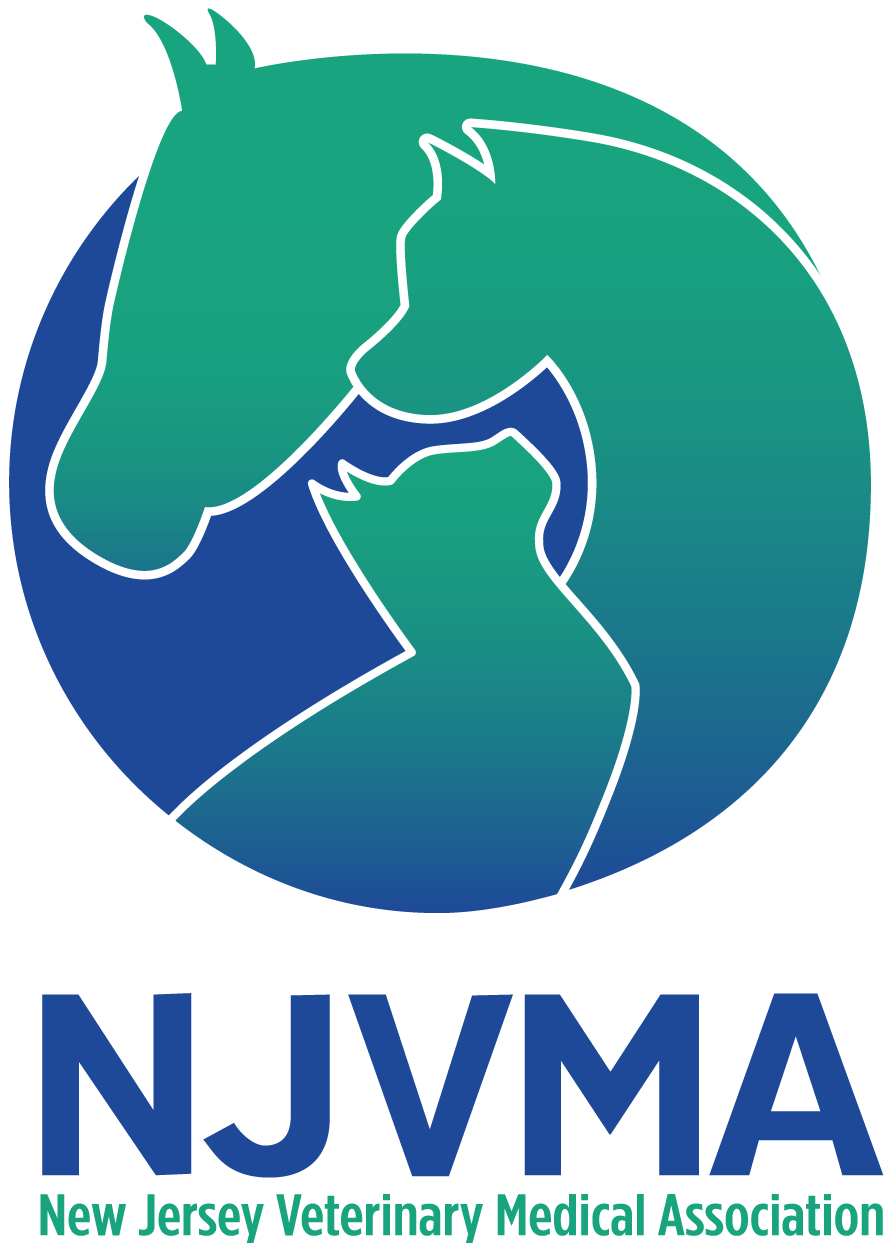January 22, 2025 Update: Protocols for Testing Cats or Dogs with Compatible Clinical Illness and Risk Factors for H5N1 in New Jersey. Click HERE to view NJDOH Update
January 2, 2025
H5N1 flu virus, more commonly known as bird flu, has recently been in the news. Bird flu was first described in 1878 in Northern Italy when there was an outbreak among poultry that was highly contagious with a high mortality.
There are many variants of bird flu, and they can also be categorized as low pathogenic avian influenza (LPAI) or highly pathogenic avian influenza (HPAI). This categorization is only to describe the disease in birds, not other species. Both categories can cause mild to severe disease in other species.
H5N1 flu virus is transmitted from wild birds. The USDA has been monitoring all cases in animals since 2022. According to the APHIS/USDA website, since 2022, there have been 11 wild birds with confirmed HPAI in New Jersey. Eight of these cases were in Ocean County, and 1 each in Hudson, Sussex, Salem, and Monmouth Counties. The birds affected include: Peregrine Falcon, Crow (2), Turkey vulture, Swan (3), Red Tailed Hawk, Black Vulture (2) and a Canada Goose. In the past 2 years there have been 5 outbreaks of bird flu in domesticated birds in NJ.
The most recent outbreak has mostly affected cattle, humans, big cats and domesticated cats. Almost all the human cases (66) are associated with prolonged contact with affected animals. There is no evidence of person to person spread with this outbreak.
In Washington State a big cat rescue lost 20 cats between November and December 2024. It is assumed that the cats were infected by wild birds. They are unsure if there was cat to cat transmission. The cats were confined to separate spaces with no contact.
In December there were 2 deaths in domestic cats attributed to eating raw milk in California. There also have been cases from 2 different raw pet foods. The first case was from Northwest Naturals and is a raw turkey cat food distributed throughout the US. Most recently another company, Monarch Raw Pet Food, who distributes their raw chicken formulas at California farmers markets have presumptively affected 5 cats in the same household. There is no evidence of cat to cat spread.
There have been no cases of H5N1 in cats in NJ. Signs of influenza in cats include upper respiratory congestion, fever, decreased appetite, lethargy and also neurologic signs. Approximately 2/3rd of cat who develop signs will succumb to the infection. Since all flu positive cats were affected by raw products it is recommended that cats only consume cooked meat and pasteurized milk.
If you would like more information the CDC website is the best place to start for accurate information.
Veterinarians can report suspect cases of H5N1 in domestic cats to NJDOH Communicable Disease Service, Office of Veterinary Public Health, by calling 609-826-4872. NJDOH can assist with coordinating testing for cats with suspected H5N1.
January 13, 2025 Addendum: According to Dr. Henry L Niman’s bluesky feed there have been captive wild cats infected with bird flu after eating the NorthWest Naturals raw diet confirmed via genetic sequencing of the virus. Also, in private communication with Dr. Kim there was a cat infected from their owner who works at a dairy farm that had HPAI.

